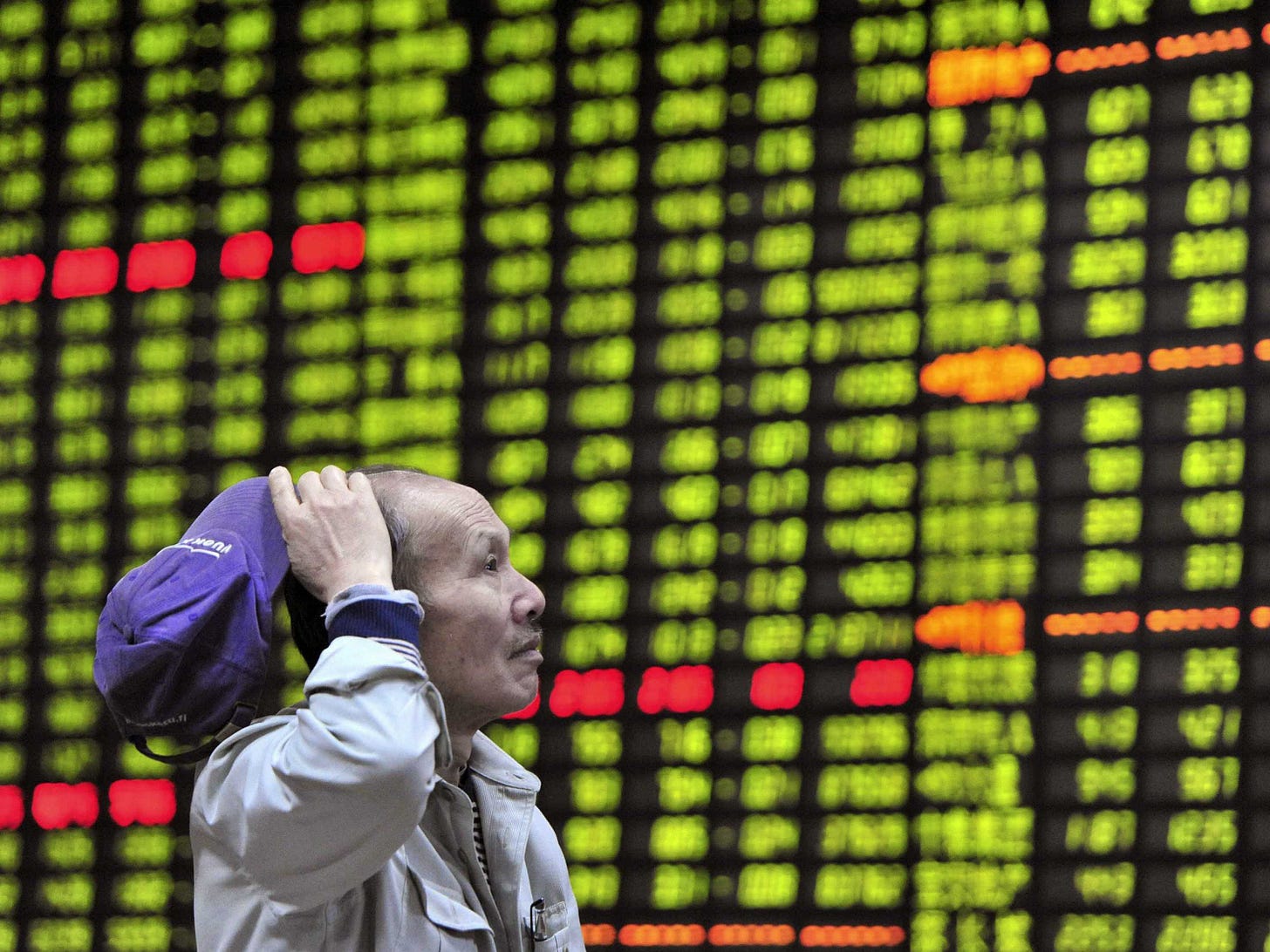The Top 5 Emerging Markets Stories You Need to Start Your Day - January 22
Stronger Dollar Could Sink Emerging Markets Equities - Investing.com
“The sinking US dollar has sparked a massive move higher in emerging market equity prices. The iShares MSCI Emerging Markets ETF (NYSE:EEM) has soared by more than 85% since its March lows. That easily outperforms the S&P 500 gains of over 70%. Whether these equity markets can continue to rise may lie in the direction of the next significant move in the US dollar.”
“The falling dollar benefits local economies because it makes it cheaper to pay back US-denominated debt. At the same time, it also sparks a rally in dollar-denominated commodities. The higher-priced commodities help to boost overall revenue and profits for businesses. This has resulted in the markets in technology-heavy export economies like Taiwan and South Korea exploding higher over the past year.”
“However, a strong dollar could quickly unwind this entire trade, with tailwinds becoming headwinds. While it may be too early to tell if the dollar's trend is finally about to reverse, it has started to show some improvement, with the dollar index stabilizing currently around 89,” Michael Kramer writes in Investing.com
Brazil IPO Pipeline Accelerates Further in 2021 - Financial Times
“Brazil’s stock market is gearing up for another rush of flotations in 2021, after an army of new investors helped spur the strongest year for initial public offerings in more than a decade.”
“An iron ore miner, a crematorium operator and an online furniture seller are among a list of 41 companies that have announced their intention to debut on São Paulo’s B3 exchange, which in spite of the Covid-19 pandemic chalked up 28 IPOs last year — the biggest number since 2007’s all-time record of 64.”
“‘It could turn out to be more active than 2020,’” said Roderick Greenlees, global head of investment banking at Itaú BBA. He expects between 30 to 40 listings this year, as part of a wider rush for equity capital markets deals that he says is ‘potentially our biggest pipeline ever,’” The Financial Times reports.
China Central Bank Puts Alibaba and Tencent Payments Systems on Notice - South China Morning Post
“The People’s Bank of China (PBOC), the country’s central bank, has never been a major driver of domestic antitrust measures; its tasks involve carrying out monetary policy and regulating financial institutions. It has had no public record of being involved in any antitrust lawsuit or investigation since the country’s antitrust law came into effect in August 2008.”
“The PBOC, however, is now flexing its regulatory muscle, putting ‘nonbank payment institutions’ on notice that it could wield antitrust tools to discipline them.”
“It has drafted new regulation that seeks to determine whether such institutions could qualify as monopolies, which could potentially affect the operations of the country’s top mobile payments providers, Ant Groups’s Alipay and Tencent Holdings WeChat Pay,” South China Morning Post reports.
Morocco, Mauritius Join African Bond Index - African Business
“Mauritius and Morocco join eight African countries that are part of the Bloomberg African Bond Indices (ABABI) to provide investors with a tool to measure and track the performance of Africa’s local bond markets. The set of indices, which are administered by the African Development Bank (AfDB), are calculated by the global index provider and media giant Bloomberg.”
“It is hoped that ABABI will help drive investment into bond markets in Mauritius and Morocco, which are two of Africa’s better rated issuers. Morocco, Mauritius, Senegal and South Africa are the only African countries that are above the B rating of ‘speculative’ and ‘subject to high credit risk’, given by the bond ratings agency Moody’s,” African Business reports.
“Get Ready for the Emerging Markets Bubble to Burst” - The Bulwark
“Physics has Newton’s laws, chemistry has the law of conservation of matter, biology has evolution, and economics has the law of bubbles: They eventually burst, and when they do, it isn’t pleasant.”
“Fueled by unprecedented global liquidity, emerging market asset prices have become totally dissociated from those economies’ progressively deteriorating economic fundamentals. Past bubbles of similar size in some of the same economies have demonstrated that when these bubbles inevitably pop, the shockwaves tend to be global.”
“U.S. policymakers should be paying close attention to the inflating asset price bubble in the emerging markets. These economies now constitute around half of the world economy, and the current bubble appears to be bigger and growing faster than those that came before it. Compared to the Asian and Latin American debt crises, the bursting of this bubble is likely to have a much greater impact on world financial markets,” Desmond Lachlan writes in The Bulwark.
Seeking Alpha EM ETFs Tracker (Live Updates)



